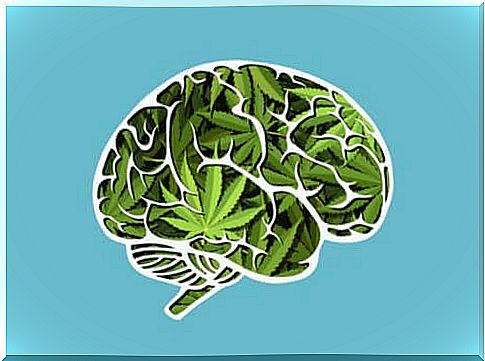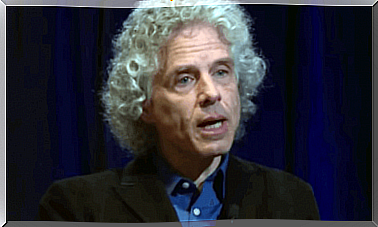Cannabis’ Long-term Effects On The Brain

The consumption of cannabis is a controversial topic. There are many studies on the positive and negative effects of hashish. In more and more countries, cannabis has become legal. However, there are many experts who question the effectiveness of medical marijuana. Is medical marijuana or other marijuana products of any use? Are they harmful? What are the long-term effects of cannabis on the brain?
Cannabis is very popular as a recreational drug. Cannabis is often also used for medical purposes. Essential oils and other cannabis products are popular in the treatment of chronic pain and epilepsy. However, a new study warns that long-term consumption of cannabis can cause brain damage.
Researchers at the Universidade de Lisboa in Portugal and Lancaster University in England recently conducted a study on the risks of long-term cannabis use. They published their results in the Journal of Neurochemistry. Their findings suggest that regular cannabis use may impair memory.
Researchers observed the effect that WIN 55, 212-2 had on the brains of mice. This is a chemical compound reminiscent of cannabinoids. They found that long-term exposure to this substance caused “significant memory loss”. The mice they studied could not distinguish between familiar and new objects.
Before we move on, we need to clarify something. The term cannabinoids refers to certain chemical substances that act on the cannabinoid receptors in the body and in the brain. Their effects are similar to those caused by the plant Cannabis sativa (hemp or marijuana).

Researchers also used neuroimaging to further investigate the effects of cannabis. They discovered that this cannabis substance affected areas of the brain responsible for learning, storage and access to memory.
Chronic exposure to this substance has an even greater effect on the brain. It affects the communication between the areas of the brain that are linked to learning and memory. “Our work clearly shows that long-term use of cannabinoids, other than for medical purposes, has negative effects on brain function and memory,” the researchers explained.
Ana Sebastião, leader of the research group, explains “It is important to understand that the same medication that can restore balance in certain disease states, such as epilepsy and multiple sclerosis, can instead cause significant balance disorders in healthy individuals.”
The results of the study go back to a previous study conducted by Sebastião’s team. In that study, it was found that one of cannabis’ long-term effects on the brain was a decrease in memory for recognition. It is the type of memory that makes you remember familiar people and objects.
The researchers in Sebastião’s first study suggested a way to compensate for these negative effects. A certain caffeine-related medication can counteract the effects on memory. “These results are very important for the development of pharmacological strategies aimed at reducing the cognitive side effects of the cannabis-based therapies currently in use, which have been shown to be effective against several nerve diseases,” explains Sebastião.
The researchers hope that a better understanding of the harmful effects of cannabis medication will promote the development of strategies to counteract them.

Neil Dawson, co-author of the study, believes that the results lead to new opportunities. “This work gives us valuable new insights into how long-term exposure to cannabinoids has negative effects on the brain. Understanding these mechanisms is essential for us to understand how long-term exposure to cannabinoids increases the risk of developing mental disorders and memory problems. ”
In summary, we can state that cannabis’ long-term effects on the brain have been shown to be negative. However, researchers are working to try to increase the positive effects of medical marijuana. Only time will tell if they are to succeed.








